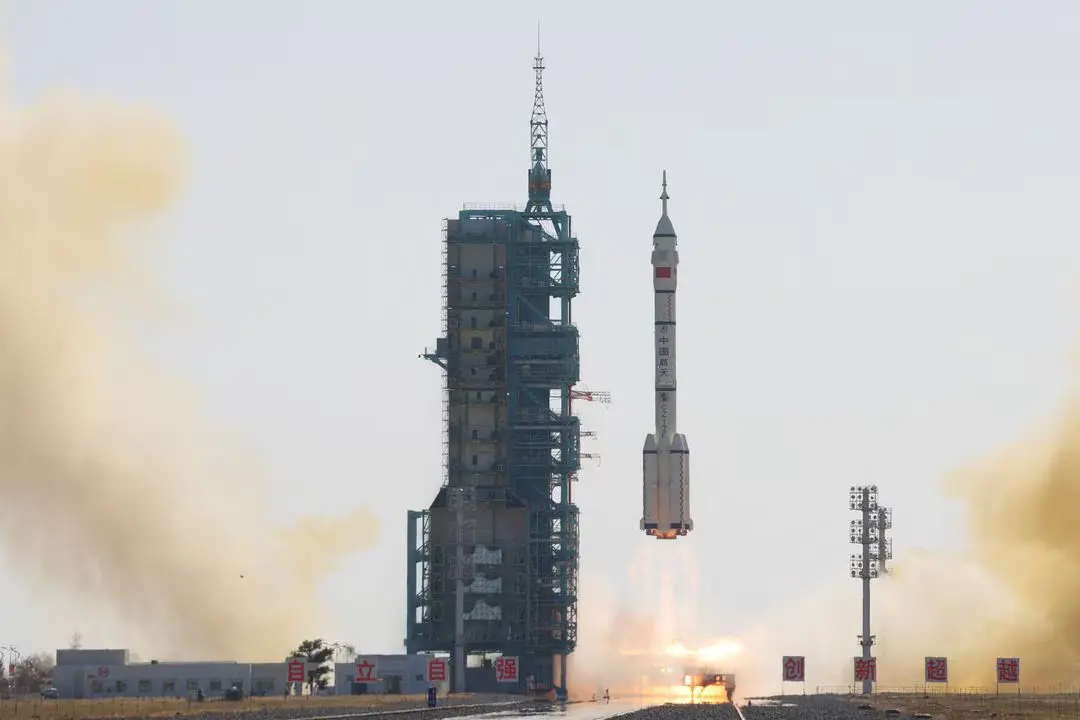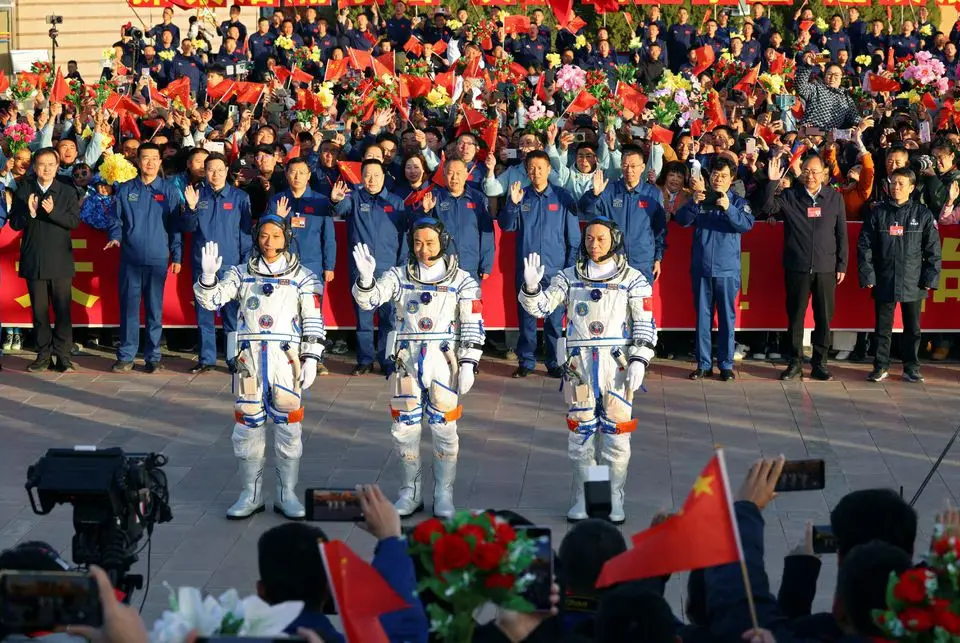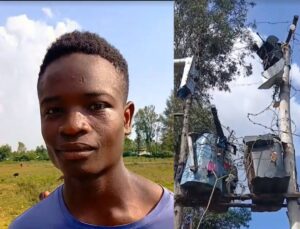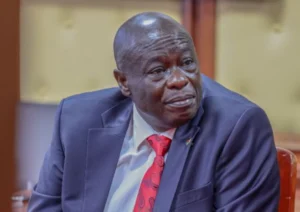The youngest-ever crew of Chinese astronauts, known as “taikonauts,” embarked on a groundbreaking mission to China space station, Tiangong, today.
The mission, named Shenzhou-17, lifted off from the Jiuquan Satellite Launch Centre in northwest China, marking a new chapter in the country’s space exploration journey.
Read also: Reimaging the Future of Healthcare: The largest Virtual Hospital in the World
Captain Tang Hongbo, a former air force pilot and a veteran of the first crewed mission to the space station in 2021, is leading this six-month mission. Speaking at the launch site, Tang expressed his enthusiasm, saying, “Returning to Tiangong is an incredible opportunity, and I’m honored to be part of this historic mission.”

What’s remarkable about this mission is the record-breaking interval between Tang Hongbo’s two spaceflight missions. His quick return signifies a faster rotation of taikonauts in the years to come.
“This accelerated pace of missions demonstrates China’s commitment to advancing its space program,” he added.
Joining Tang Hongbo on this journey are two first-time space travelers: Tang Shengjie and Jiang Xinlin. Both astronauts are in their thirties, hailing from China’s third batch of astronauts, selected in September 2020.
China’s space program is not only embracing youth but also diversity in its selection of astronauts. The country is currently seeking candidates for its fourth batch of astronauts, welcoming applications from Hong Kong and Macau for the first time. Candidates are expected to have doctoral degrees in various disciplines, from biology to astronomy.
China’s space station, Tiangong, operates with a distinct Chinese character, using the Chinese language as its working language, unlike the NASA-led International Space Station (ISS). This reinforces China’s space program’s unique identity and independent development, in line with its ambition to internationalize space missions.
Tiangong, completed in late 2022, can house a maximum of three astronauts and will remain operational for over 15 years. The Shenzhou-17 crew is set to perform a wide range of experiments and tests during their mission, including the repair of minor damages caused by space debris.
Subscribe to Switch TV
Lin Xiqiang, Deputy Director of the China Manned Space Agency, emphasized the significance of their tasks, stating, “Our crew is fully prepared to address the challenges of space and contribute to the success of our space station.”
The launch of Shenzhou-17 marks China’s 12th crewed mission since Yang Liwei’s historic solo spaceflight in 2003. China’s space program continues to expand, aiming to send astronauts to the Moon by 2030.
As hundreds of supporters cheered on the astronauts during their farewell ceremony, China’s growing confidence in space exploration was evident. “This mission symbolizes our space dream,” said Tang Hongbo, “and we are eager to make it a reality.”
This historic mission marks another significant step towards China’s growing presence in space, with its sights set on the Moon and beyond.
















